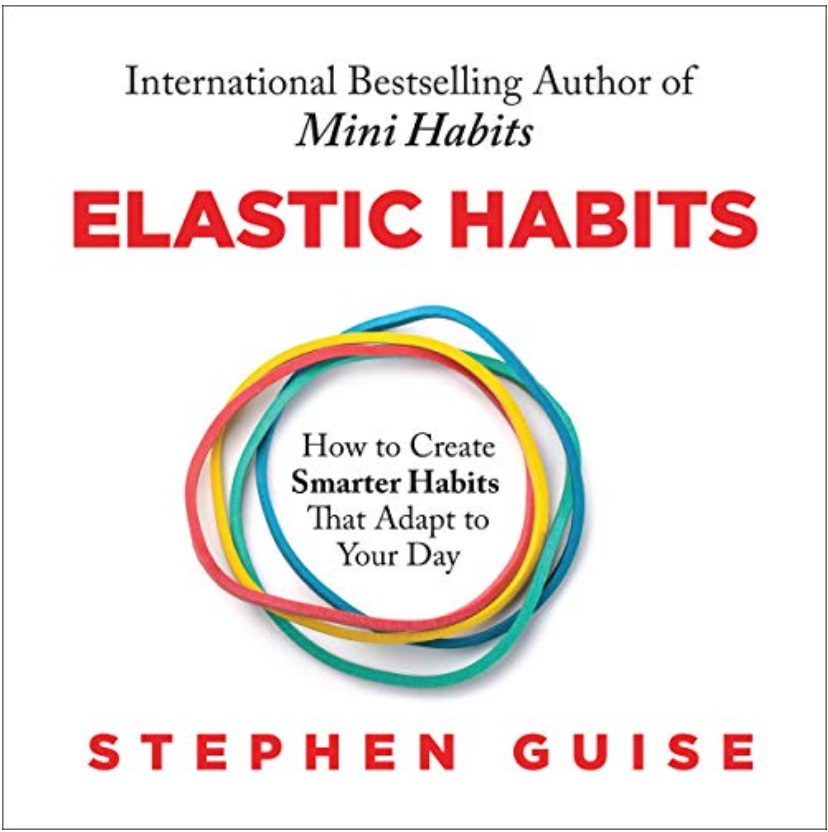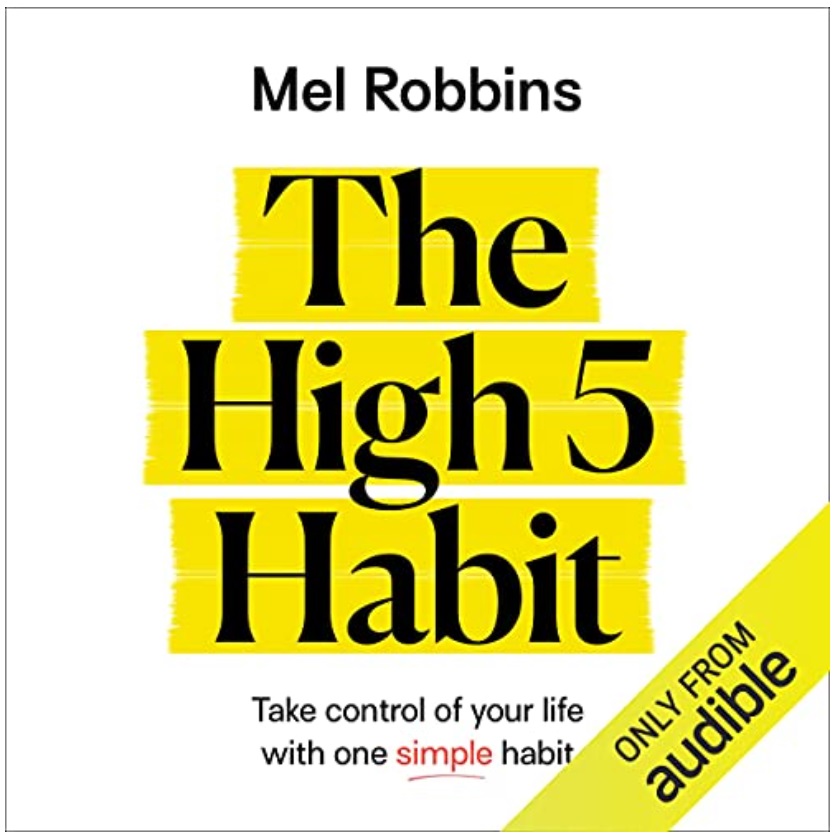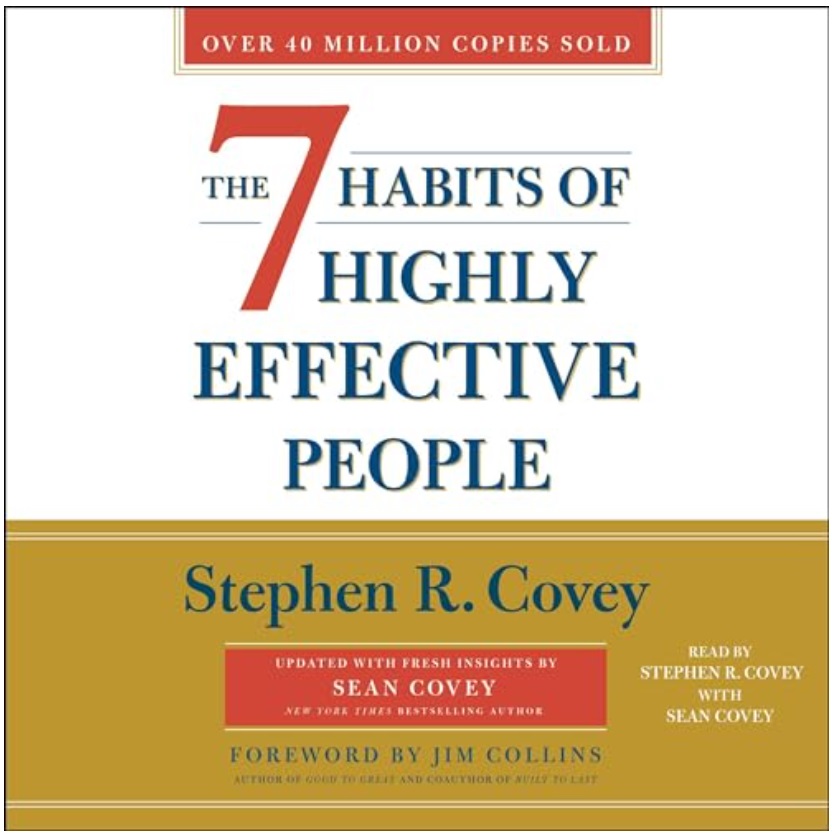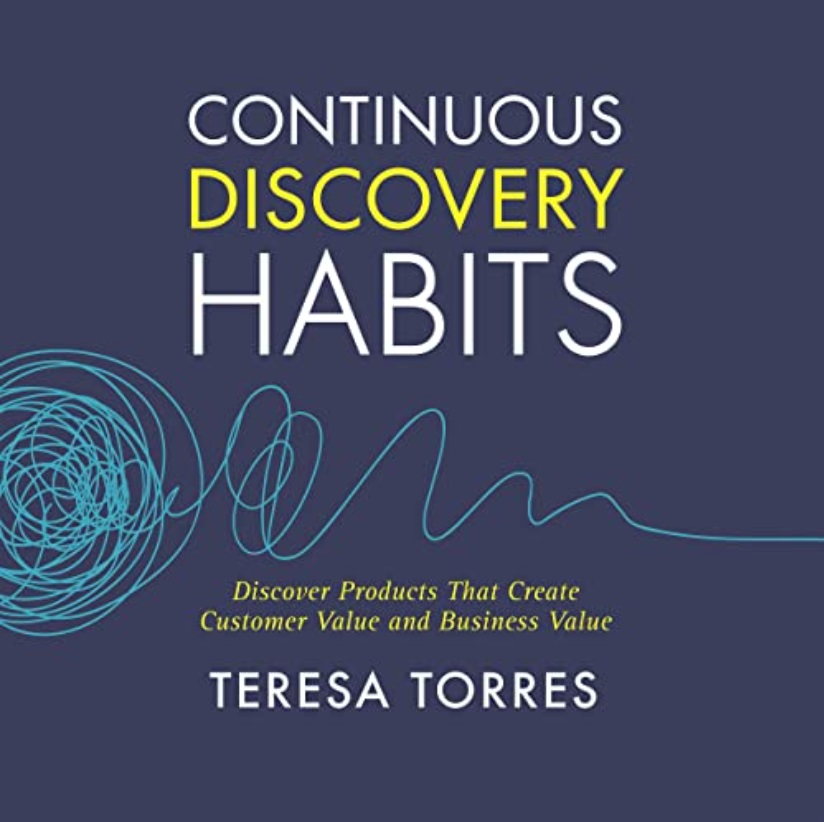KEY POINTS
- Understand the mechanisms behind habit formation by recognizing triggers and the role of the reward system in solidifying behaviors.
- Utilize tools like habit stacking and environmental adjustments to replace unproductive habits with beneficial ones.
- Maintain new habits through consistent practice and community support to ensure long-lasting behavioral change.
We all have habits, some good and some not so good. Replacing those less desirable ones with beneficial habits is not just about willpower; it’s about strategy.
Over the years, I’ve learned that the key to successful habit change lies in understanding the habits themselves and implementing practical tools to effect this change.
Here’s a guide based on techniques I’ve personally tested and refined through my work.
Table of Contents
ToggleUnderstanding the Nature of Habits
Habits, whether good or bad, are formed through repeated actions that eventually become automatic responses.
From what I’ve experienced, the first step to changing a habit is truly understanding what triggers it and what rewards are associated with it.
Recognizing Triggers
Triggers can be anything from emotional states to specific times and environments. For instance, you might find that stress triggers your habit of snacking on junk food.
Identifying these triggers is essential because it allows you to create strategies to avoid or alter them.
Cognitive Loop
Every habit forms and operates within a cognitive loop consisting of three components: cue, routine, and reward.
Recognizing this loop helps in identifying why certain behaviors become automatic, allowing for strategic intervention and change.
Emotional Connection
Many habits have strong emotional triggers. For instance, stress might lead you to indulge in comfort eating.
Identifying the emotional roots of your habits can be crucial for developing healthier alternatives that fulfill the same emotional need.
Contextual Influence
Habits are often context-dependent. Your environment can play a significant role in habit formation, with specific settings triggering habitual behaviors.
Changing your environment can be an effective strategy to disrupt unwanted habits and foster new ones.
Repetition and Consistency
Habits solidify through repetition. The more you perform an action, the more ingrained it becomes in your brain’s neural pathways, making it automatic.
Consistent repetition is key to both forming new habits and breaking old ones.
Feedback Loops
Feedback loops help reinforce habits by providing immediate rewards or punishments. Positive feedback for a desired behavior can reinforce a habit, while negative feedback can help break it.
Understanding and manipulating these feedback loops can be pivotal in habit management.
Analyzing the Reward
Every habit delivers a reward that helps it stick. Maybe procrastination gives you temporary relief from anxiety about failing, or perhaps biting your nails provides a momentary distraction from boredom.
Understanding this reward is crucial because it helps you find alternative habits that offer similar benefits without the negative consequences.
Strategies for Replacing Bad Habits
Once you understand your habits, you can use specific strategies to replace them. These tools have been my secret weapon in both personal life adjustments and helping others through my coaching work.
Habit Stacking
Habit stacking involves pairing a new, desirable habit with an established one.
For example, if you want to practice gratitude, you might start by listing things you’re grateful for while you’re having your morning coffee. The existing routine of having coffee acts as a cue for the new habit.
Environmental Adjustments
I’ve personally used this technique by making small changes in my surroundings to support new habits.
If you want to start reading more, placing a book on your nightstand can make it easier to adopt a habit of reading before bed instead of scrolling through your phone.
Incremental Changes
Start by making small, manageable changes instead of overhauling your behavior overnight.
Incremental adjustments can accumulate to significant transformation without the overwhelm that often sabotages new habits.
Reward Substitution
Find healthy alternatives that fulfill the same needs as your bad habits.
For instance, if snacking is a response to stress, try a quick walk or meditation instead.
This substitution can satisfy the original need without the negative consequences.
Visual Cues
Use visual reminders to promote good habits. Visual cues serve as constant, gentle nudges towards better behavior.
For example, placing workout clothes in sight or having healthy snacks ready on your desk can prompt actions that lead to positive habits.
Commitment Devices
Lock in future behavior through commitment devices like scheduled classes, non-refundable memberships, or public commitments on social media.
These tools create external accountability, making it harder to back out of good habits.
Mindfulness Practice
Incorporate mindfulness to become more aware of your actions and the choices you make.
Practicing mindfulness can help you catch yourself before slipping into automatic behaviors and guide you towards more deliberate, healthier decisions.
Tools to Support Habit Change
The right tools can make the process of changing habits feel less daunting. Here are some that I’ve found particularly effective:
Mobile Apps
There are numerous apps designed to help build new habits. Apps like Habitica gamify the experience, while others like Streaks keep track of your progress.
I’ve tried many of these apps and can vouch for their effectiveness in keeping you accountable.
Mindfulness and Meditation
Mindfulness can play a significant role in changing habits. It helps by increasing your awareness of your actions and decisions.
Meditation, in particular, has helped me gain better control over my impulses and to be more deliberate in my daily activities.
Behavioral Contracts
Write a contract with yourself specifying your commitment to a new habit and the penalties for non-compliance.
This formal agreement can significantly increase your accountability and commitment to your goals.
Support Groups
Joining a group, whether online or in person, that shares your goals can provide encouragement and accountability.
Regular meetings ensure you have a supportive community to share successes and challenges with.
Professional Coaching
Investing in a coach can provide personalized guidance and strategies tailored to your specific needs.
Coaches can help identify blind spots in your habits and provide expert advice on how to improve them effectively.
Educational Workshops and Seminars
Attend workshops and seminars that focus on habit formation and personal development.
These educational experiences can provide new insights, techniques, and motivations to refine and sustain your habit changes.
Maintaining New Habits
Adopting a new habit is just the beginning. Maintaining it is where the challenge really lies. Here are some ways to ensure your new habits stick:
Consistent Practice
Consistency is key in habit formation. The more you practice a new habit, the more natural it becomes.
I’ve learned to be patient with the process and consistent with my efforts, no matter how small they may seem.
Community Support
Getting support from a community or even just one accountability partner can significantly enhance your ability to stick with new habits.
I’ve been part of online forums and local groups where sharing progress and challenges has kept me motivated.
Regular Reflection
Set aside time each week to reflect on your progress and any challenges you’ve faced.
This self-assessment helps you adjust strategies and reaffirm your commitment to the new habits you are cultivating.
Reward Systems
Implement a system to reward yourself for sticking to your new habits.
Rewards can be simple, such as treating yourself to a movie or a small purchase for consistent behavior over time, reinforcing the positive changes.
Steady Incrementation
Gradually increase the complexity or duration of your new habits as they become more ingrained.
This keeps the process challenging and engaging, preventing boredom and boosting the likelihood of long-term adherence.
Environment Optimization
Continue to tweak your environment to support your new habits. Removing temptations and ensuring that your surroundings facilitate rather than hinder your new behaviors can make a substantial difference in maintaining these habits.
Social Accountability
Keep sharing your goals and progress with a friend, family member, or a support group.
Social accountability can provide a significant boost in motivation and increase the responsibility you feel towards maintaining your new habits.
Conclusion
Changing habits is a journey that involves understanding the underlying mechanisms, utilizing effective strategies, and choosing the right tools to aid the process.
From my years of working on personal development, I can assure you that while the journey isn’t always easy, it’s incredibly rewarding. Embrace the process and be patient with yourself as you work towards becoming the best version of you.
By following these strategies and employing these tools, you’re not just replacing a bad habit with a good one; you’re taking a significant step towards a healthier, happier life.





































